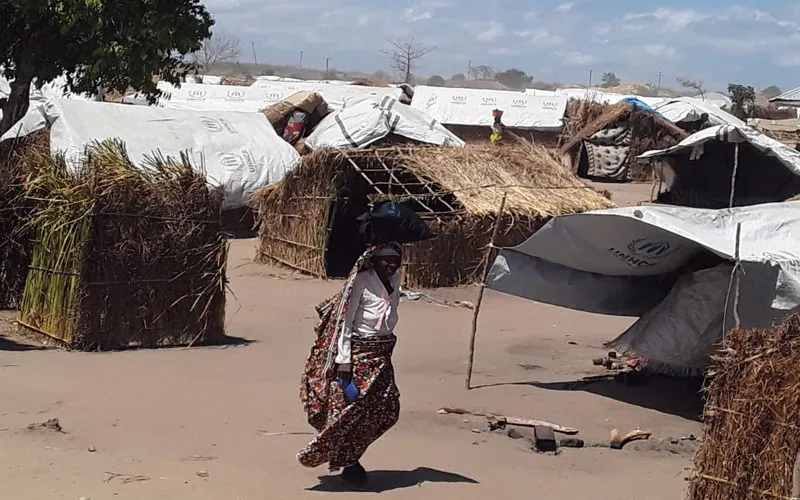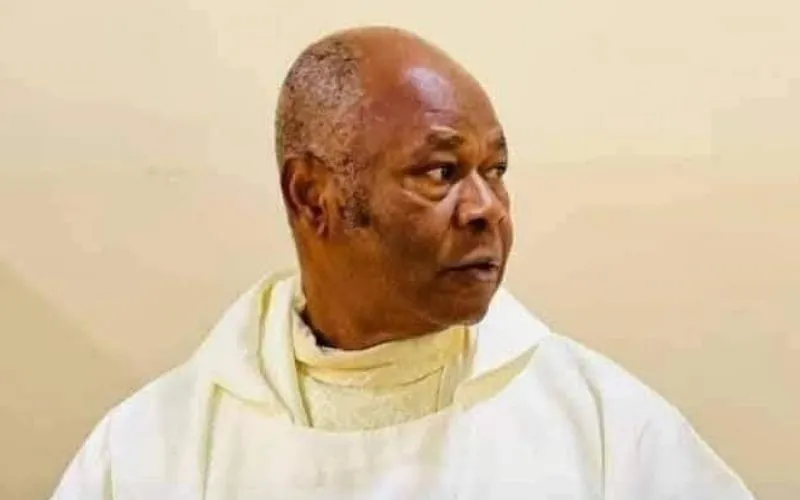Cabo Delgado, 01 August, 2021 / 8:00 pm (ACI Africa).
People living with HIV have gone for months without medication amid a crumbling health system in Cabo Delgado Province in Mozambique, an official dealing with the displaced people in the ongoing Mozambican crisis has said.
Sr. Marines Biasibetti, Director of Mozambican Episcopal Conference Commission for Migrants, Refugees and Displaced Persons (CEMIRDE) says that more than 2 million people living with the virus have been left to their devices and are dying in overwhelming numbers amid destruction and closure of health facilities in the Northern Province.
“More than 2.2 million people are living with the HIV/AIDS virus in the Province and with displacement, many no longer have control of their condition. They don’t take medication. This means more suffering and deaths,” Sr. Marines said.
She provided the situation update of Mozambique at an event that was hosted by the Catholic Parliamentary Liaison Office and Denis Hurley Peace Institute (DHPI) earlier this week.
Speakers at the Tuesday, July 27 event addressed a wide range of issues on the topic, “The Plight of Refugees and Displaced Persons following the Conflict in Northern Mozambique”.








